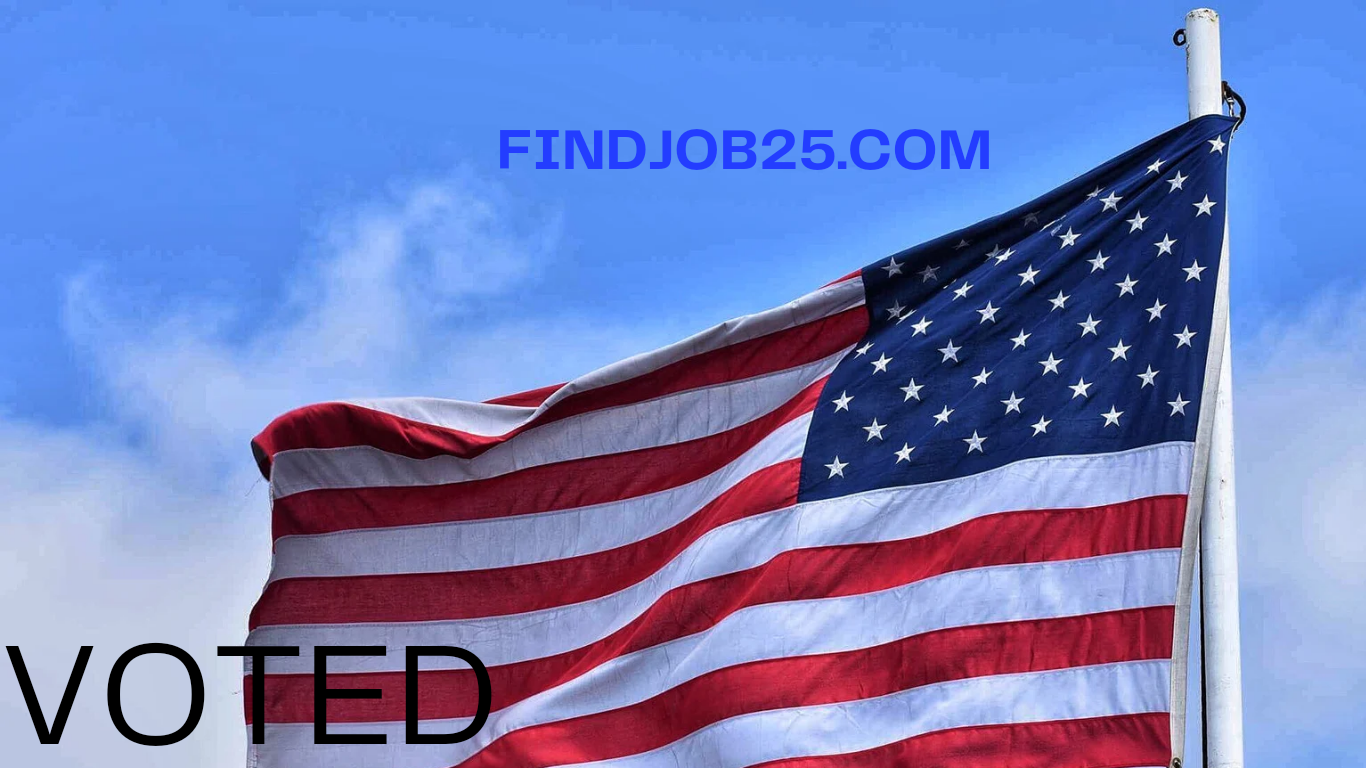Overview of Trump’s Administration Appointments
Since taking office, President Donald Trump has made several significant appointments that have shaped his administration’s direction and governance approach. The selection of cabinet members and advisors reflects not only his policy priorities but also his broader political strategies. Key positions, such as the Secretary of State, Secretary of Defense, and Attorney General, have been pivotal in affecting both domestic and foreign policy. For instance, the appointment of Rex Tillerson as Secretary of State emphasized Trump’s intention to prioritize business acumen in governmental roles, given Tillerson’s extensive experience as the CEO of ExxonMobil.
Another notable appointment is that of Jeff Sessions as Attorney General. Sessions’ appointment signaled a strong commitment to implementing stricter immigration policies and enhancing law enforcement priorities, aligning with Trump’s campaign promises. These decisions illustrate how Trump has leaned towards individuals who not only support his vision but also bring specific expertise conducive to achieving his policy goals.
Moreover, the appointment of economic advisors such as Larry Kudlow and Steven Mnuchin has highlighted a focus on deregulation and tax reform, which have been integral components of Trump’s domestic agenda. The emphasis on economic growth and job creation reflects a strategy aimed at appealing to working-class voters who contributed significantly to his electoral success in 2016.
Through these appointments, President Trump has strategically positioned his administration to align with his vision, emphasizing loyalty and shared ideologies as key factors. Such choices not only impact governance but also resonate with the broader electorate, shaping public perception of his leadership. Overall, Trump’s appointments are a testament to his intent on enacting specific policies while showcasing his approach to leadership and administration. In conclusion, these appointments have played a crucial role in influencing the administration’s trajectory and the effectiveness of policy implementation.
Impact of Key Appointments on Domestic Policy
President Donald Trump’s administration has been marked by a series of notable appointments that have significantly influenced domestic policy across various sectors, including healthcare, education, and immigration. These appointments have not only reflected his administration’s priorities but have also delineated the ideological landscape of his domestic agenda. Among the most significant appointments, Secretary of Health and Human Services, Alex Azar, and Education Secretary, Betsy DeVos, stand out due to their direct involvement in shaping policies that align with Trump’s vision.
In the realm of healthcare, Azar’s background in pharmaceutical management and firm belief in free-market solutions have underpinned efforts to repeal and replace the Affordable Care Act (ACA). The initiatives proposed under his leadership sought to reduce regulatory burdens on healthcare providers and increase market competition, appealing particularly to conservative constituents. However, these changes have faced criticism, particularly from those advocating for expanded access to affordable healthcare, thus creating a polarized reception among the public.
Education policy has similarly been transformed under DeVos, who championed school choice and charter schools. Her push for Education Freedom Scholarships aimed to provide families with the agency to select educational institutions outside of the public school system. This initiative has resonated well with those advocating for educational reform but has also sparked significant concern regarding the potential undermining of public education funding.
Immigration, perhaps the most contentious area, has seen appointments such as Chad Wolf as Secretary of Homeland Security, who advanced policies like the Immigration and Customs Enforcement (ICE) approach aimed at strengthening border security. The administration’s hardline stance on immigration reform has garnered both support and opposition, reflecting deep divisions in public opinion on matters of national security and human rights. The cumulative effect of these key appointments underlines the critical role leadership plays in shaping domestic policy, ultimately influencing the American populace’s experiences and perspectives.
Trump’s Key Appointees and Foreign Relations
The appointments made by President Trump in his administration were instrumental in shaping U.S. foreign relations and international policies. Within his cabinet, key positions, particularly those within the State Department and the National Security Council (NSC), attracted significant attention due to their potential implications on global diplomacy. These appointments were characterized by a distinctive shift towards a more unilateral and confrontational stance in dealing with both allies and adversaries.
The State Department, responsible for managing diplomatic relations, saw the selection of appointees who often prioritized America First policies. This approach fundamentally altered traditional diplomatic strategies, emphasizing direct negotiations and a questioning of long-standing trade agreements. For instance, Trump’s selection of officials who were skeptical about multilateral organizations posed a challenge to established alliances, causing concern among key global partners regarding the future of transatlantic relations.
Moreover, the National Security Council, responsible for coordinating national security policy, featured appointees with strong views on military engagement and foreign interventions. This led to a refreshingly aggressive approach to global conflicts, as evidenced by increased military presence in volatile regions. These stances raised questions about the U.S.’s commitment to international diplomacy, particularly among NATO allies and other strategic partners.
The appointed officials’ stance on trade agreements also influenced U.S. relations, leading to a series of renegotiations designed to better favor American interests. This shift not only impacted economic relations with countries like Canada and Mexico but also stirred tensions with major trade partners, including China. The potential consequences of these appointments marked a reimagining of U.S. geopolitics, as the administration sought to redefine its engagement with the global community based on national self-interest.
Criticism and Support of Trump’s Appointments
The appointments made by President Trump have sparked considerable debate among both the public and political commentators. Critics often express concerns regarding the qualifications and judicial philosophies of his appointees, particularly those nominated to the judiciary and key regulatory agencies. Many contend that several appointees lack adequate experience or possess ideologies that could undermine established norms and practices. For instance, appointments to the Supreme Court have faced scrutiny for their potential to impact crucial social issues, including healthcare, reproductive rights, and environmental regulations.
Moreover, critics argue that Trump’s selections might lead to a shift in the balance of power within various governmental entities, raising alarm about judicial independence and regulatory oversight. The shift toward more conservative judges and leaders of regulatory bodies has prompted analyses questioning whether these appointees prioritize public welfare or adhere to a more rigid ideological agenda. Critics frequently highlight instances where appointments appear to be politically motivated rather than based on merit, further fueling concerns about governance and accountability.
Conversely, Trump’s supporters often view these appointments as essential to the administration’s agenda. They argue that the selections are not only a fulfillment of Trump’s campaign promises but also a necessary step toward implementing the policies advocated during the election. For this group, the appointments symbolize a commitment to a conservative vision for America, emphasizing the importance of judicial nominees who align with traditional values and economic principles. This dichotomy reflects the polarized nature of political discourse today, as supporters and critics interpret the ramifications of Trump’s appointments through very different lenses. The ongoing discussion surrounding these appointments underscores the profound and lasting influence that Trump’s selections will likely have on the American political landscape.











